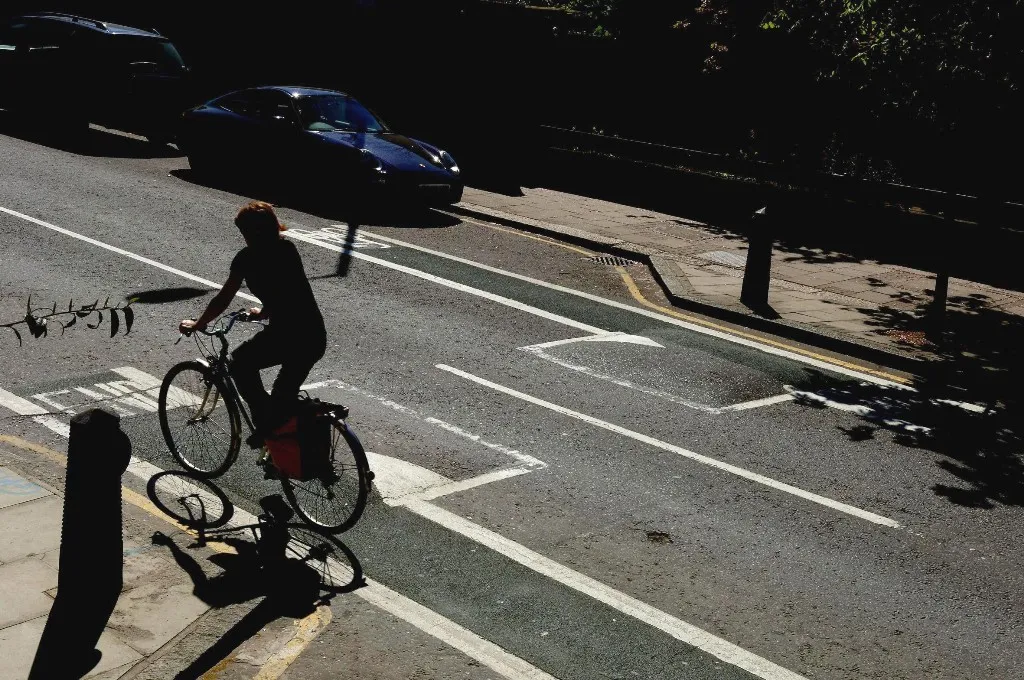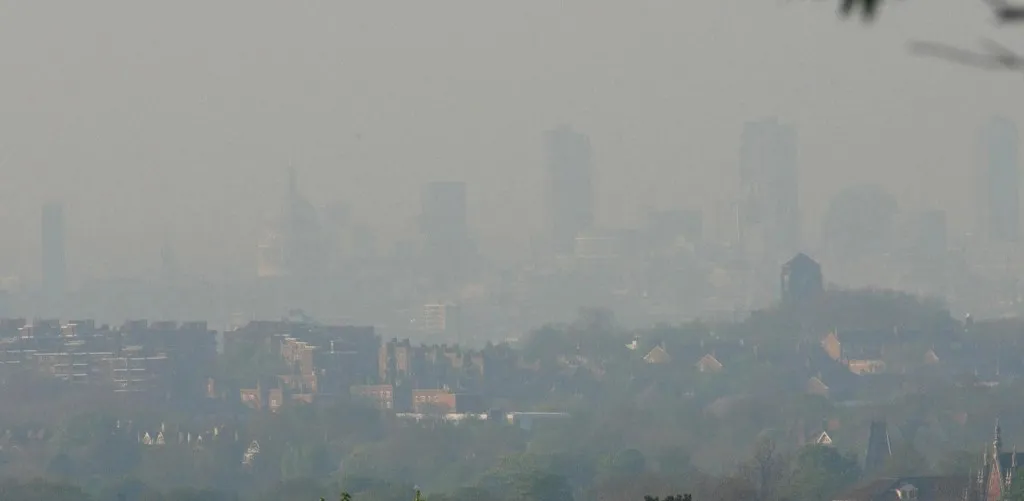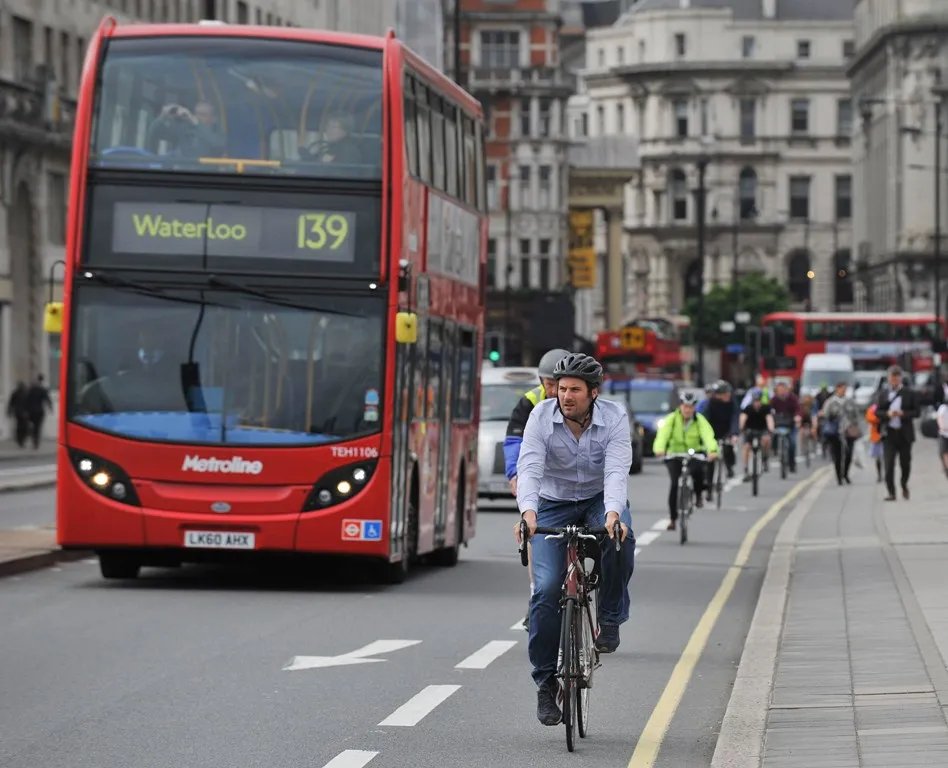An ambitious two-year study investigating the health impact of toxic vehicle fumes on people who commute by bike is being planned by Newcastle University. The study could provide city planners with evidence on the healthiest places to build bike lanes.
If the project receives funding, researchers hope to recruit dozens of cyclists in cities across the UK – including London – and provide them with monitoring equipment to register the toxic particulate matter in the air they breathe on their way to and from work. It would be the first large-scale experiment of its kind in the UK.
In 2010, a consultation report for the Greater London Authority estimated that more than 4,300 premature deaths were attributable to particulate matter in the capital. More commonly for tens of thousands of people, the microscopic particles worsen existing breathing conditions (usually asthma).
A 2010 Belgian study, published in Atmospheric Environment,found that healthy cyclists inhaled between 400 and 900 percent more particulate matter than motorists on the same route through a combination of deeper, and more frequent breaths and a greater exposure to vehicle fumes.
And, in July this year, a World Health Organisation report reviewing scientific evidence compiled since 2005 concluded that air pollution’s impact on public health had been underestimated.

Could the proposed study support the argument for more backstreet cycle ways?
While the general health benefits of cycling are believed to far outstrip hazards posed by exhaust fumes, Dr Anil Namdeo, senior lecturer in transport and sustainability at Newcastle University and the scientist leading the new research proposal, said quantifying the risk people who commute by bike face is crucial for helping city planners develop cycle paths and infrastructure with cyclists’ health at heart.
“We want to see if the health benefits of cycling outweigh the extra dose of particulates they [the commuters] receive,” said Namdeo, who has investigated air pollution in cities all over the world.
If the study takes place and the data bears out Namdeo’s hypothesis that cycle commuters on busy roads inhale greater quantities of dangerous particulate matter, it will add another pillar of support for building more cycle lanes away from traffic corridors.
Newcastle University plan to submit their proposal to the National Institute of Health Research in October and, if funding is allocated, to start recruiting subjects in January 2014.

